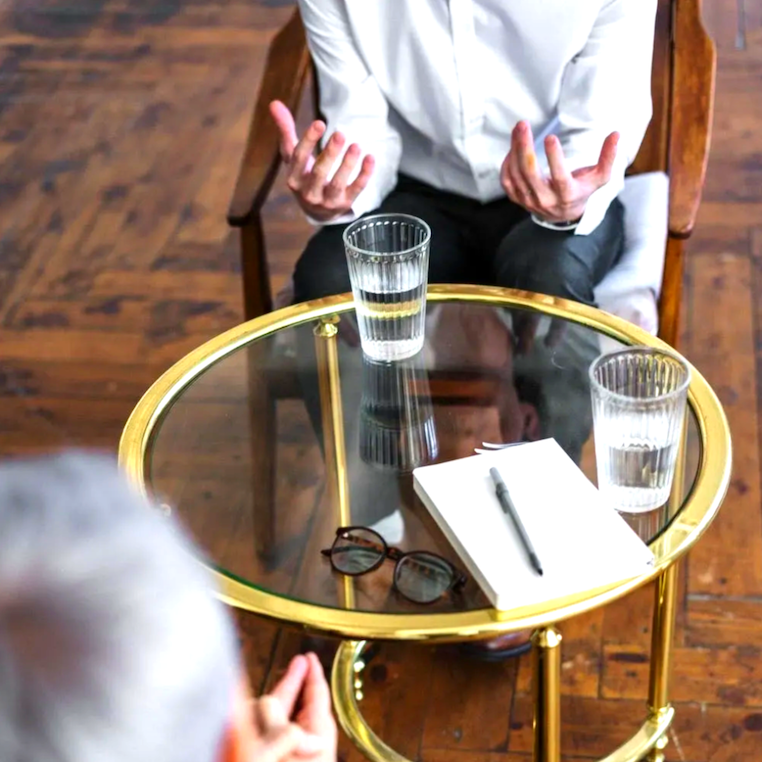Positive Psychology Coaching
My role as a Director of a psychosocial rehabilitative Clubhouse bridged my work as a Positive Psychology Coach. The Clubhouse model of psychosocial rehabilitation is a community mental health service model that helps people with a history of serious mental illness rejoin society and maintain their place in it; it builds on people’s strengths and provides mutual support, along with professional staff support, for people to receive prevocational work training, educational opportunities, and social support. Its validity is moderated and approved by the International Center for Clubhouse Development.
The Clubhouse model is a non-clinical model and “labeling” individuals as bipolar or depressed would lead us to generalize members, failing to see their unique identity, history and strengths and thereby ignoring their unique nature and potential for growth. Once you start categorizing individuals in terms of their problems, the collection of information that is inconsistent with the category is hindered (Salovey & Turk, 1991). When you see someone as having bipolar illness you may be more inclined to ask for the client’s negative stories about the past while ignoring to address positive aspirations for the future. In order to receive information on potential sources for growth and discover the client’s ability to cope with challenges, we need to ask about the client’s successes and achievements. In addition to asking a client “how come this is the third time for you to be hospitalized due to your psychiatric illness?”, we may also ask, “how did you manage to get over your depression the last two times?” Both questions are necessary to create a balanced view of the individual’s situation and resources.
Positive Psychology is the scientific study of the strengths that enable individuals to thrive. The field is founded on the belief that people want to lead meaningful and fulfilling lives, to cultivate what is best within themselves, and to enhance their experiences of love, work, and play. The individual holds the answers to his true aspirations, strengths, and values. The individual knows which experiences provide him joy and energy, which thoughts run through his mind and what his deepest fears are. The coach operates with this awareness and assists in uncovering answers that are already present within the client, rather than providing them. By addressing the personal strengths of a client, his aspirations, and his potentialities, you allow the client to perceive himself through a lens of options and possibilities. By identifying coping styles that have been proven successful in the past, you allow the client to become aware of his personal resources. By addressing his values and aspirations, you stress the importance of his personal development. By discussing the supportive social network of the client, you emphasize his connection to others and allow the client to perceive himself beyond his problems only.
With these skills, I can help my clients to:
Develop resilience and coping skills
Cultivate subjective well-being
Cultivate psychological well-being
Build their strengths
See their unique identity, history, strengths and potential for growth
Change certain life aspects of their lives, without changing it for them
Address underlying motives for change and find out what it is they really want
Perform science-based interventions that have proven to lead to specific outcomes



